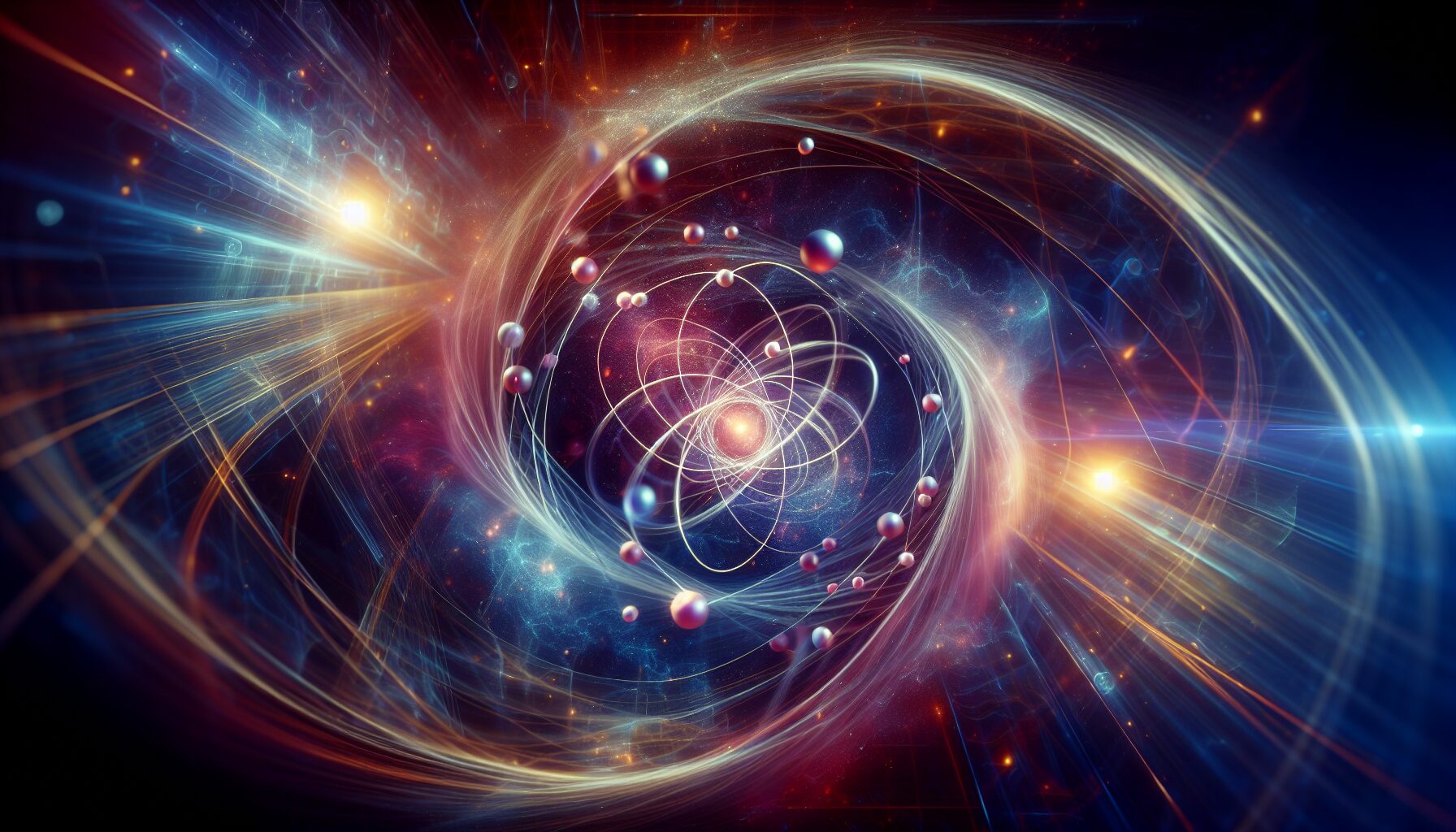Quantum Immortality: A Scientific Glimpse of Rebirth?
Quantum immortality is a fascinating concept that has sparked much debate among physicists and philosophers alike. Originating from the many-worlds interpretation of quantum mechanics, this theory proposes a sensational possibility: the survival of consciousness beyond death in a multiverse of infinite outcomes.
The Many-Worlds Interpretation
The many-worlds interpretation (MWI), first proposed by physicist Hugh Everett III in 1957, suggests that all possible outcomes of a quantum event actually occur, each in its own separate universe. According to this theory, for every decision we make or event we experience, there exists a branching into alternate realities.
“The universe is constantly splitting into different versions which reflect different possibilities. We continue to exist in a continuous thread of one consciousness while our other ‘selves’ perpetuate in parallel universes.” – Hugh Everett III
Understanding Quantum Immortality
The notion of quantum immortality arises from thought experiments involving Schrödinger’s cat, where outcomes are both existent and non-existent in different realities simultaneously. In essence, if you face a life-threatening situation, in one universe you might perish, but in another, you survive. Your consciousness, according to the hypothesis, continues in the universe where you exist. This potentially infinite cycle of survival gives rise to the concept of “quantum immortality.”
Philosophical Implications
The philosophical implications of this theory are profound. It challenges traditional notions of life and death, suggesting the possibility of perpetual consciousness. As Michael Goren shares, “Quantum mechanics, with its ensemble of possibilities, opens up new avenues for understanding the very nature of life and the universe” (Scientific American).
- Immortality Reimagined: If quantum immortality holds true, our understanding of existence and the afterlife could be transformed.
- Moral and Ethical Concerns: The potential for infinite continuations raises questions about ethical decision-making if death may not be a true end.
- Existential Considerations: The realization of continuous existence in some form may alter our perception of mortality and consciousness
Criticism and Skepticism
Despite its intriguing premise, quantum immortality is met with skepticism within the scientific community. Many argue that without empirical evidence, it remains a captivating but speculative notion. As noted physicist Sabine Hossenfelder comments, “The idea of quantum immortality lacks scientific basis; it’s an entertaining thought experiment more than anything else” (Nature).
In conclusion, while quantum immortality offers a mind-bending perspective on life and death, it remains a theory grounded in the speculative domain of quantum physics. Nevertheless, it encourages us to reconsider the boundaries of scientific exploration and the nature of consciousness.

Comments